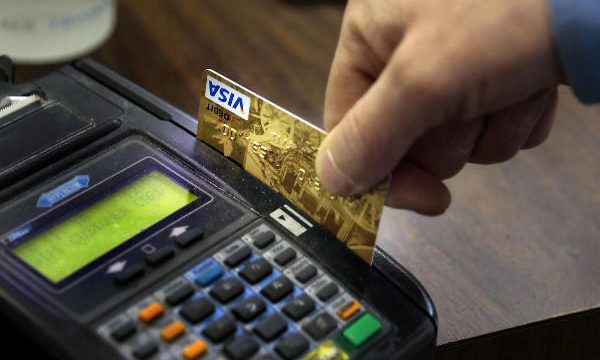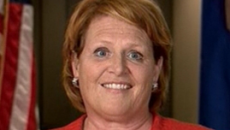Price Caps On Swipe Fees Making Your Banking More Expensive

Three years ago Monday the Senate passed the Durbin Amendment to the Dodd-Frank Banking Bill which sought to make the retail experience for Americans cheaper by capping the fees for debit and credit card swipes. Essentially, the federal government told the banks they were charging too much, and cut the price in half for them from the $0.44 industry average to $0.24.
But in a free market, price caps have consequences. And the consequences for this price cap have manifested themselves in higher prices for banking services:
…champions of the Durbin Amendment declared a victory for the American people. However, AFP opposed the Durbin Amendment. The victory for consumers was falsely proclaimed. Durbin’s amendment was actually a boon to retail companies who wanted the government to force debit card transaction costs downward. This did not change the real price of debit card transactions—that remained at 44 cents. Instead, it artificially lowered the price, leaving banks with a loss of 20 cents per transaction.
Because the Durbin Amendment ignored basic supply-and-demand economics, banks had to figure out how to cover their costs. In order to comply with the law, they had to figure out where to make up the losses. They found their answer in free checking accounts and debit rewards programs. According to the Heritage Foundation last July, the number of large banks offering free checking to their consumers declined from 96% in 2009 to 34.6% in 2011. In the months after the Durbin Amendment took effect, J.P. Morgan, Wachovia, and Wells Fargo also ceased offering debit reward programs.
Things cost what they cost. Businesses charge what they can in the free market in order to turn a profit. If you control one price, businesses are just going to make it up in other areas. This is a perfect case in point. Banks recouped the money lost on card swipes by levying fees on financial products which used to be free.
At best, American consumers broke even on the deal. At worst, we’re actually stuck paying more fees in the aggregate than we were before.







